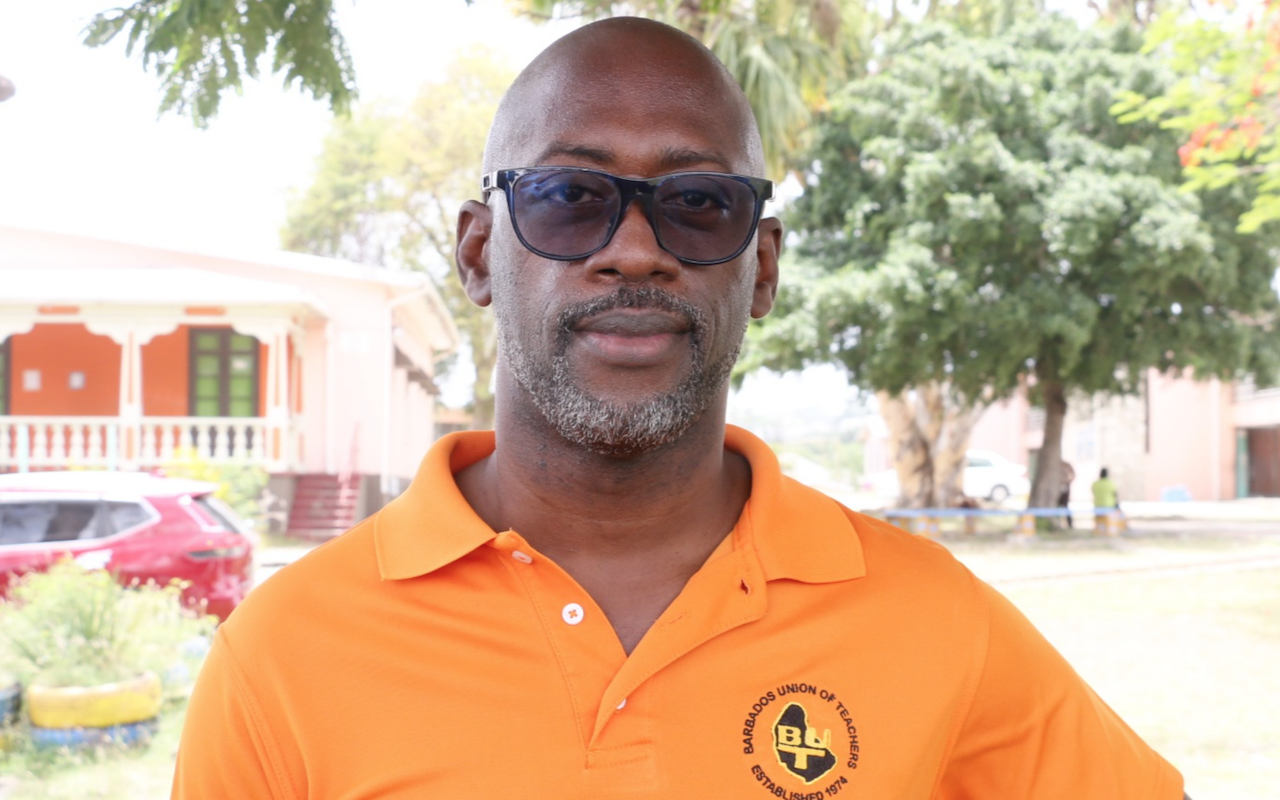The head of a local teachers’ union is adamant that despite findings that COVD-19-triggered school closures resulted in learning deficiencies among children, there could have been just as grave consequences if learning institutions were not closed during the height of the pandemic.
President of the Barbados Union of Teachers (BUT) Rudy Lovell took that position in an initial response to a joint World Bank-UNICEF report issued on Thursday, which revealed that four in five sixth-graders in Latin America and the Caribbean (LAC) are expected to lack basic reading comprehension proficiency because of two years of school closures due to the COVID-19 pandemic.
Though he is yet to delve into the report, Lovell indicated that if students were allowed to remain in school, the outcome could have been even worse.
“I believe that the closure of schools was mandated by the Ministry of Health., and while we have the report speaking to the impact of COVID-19, the failure to close schools would have had a different impact,” the BUT head said.
“So you have to look at both sides of the coin.”
The new report, Two Years After: Saving a Generation, noted that children in the 11-12 age group in Barbados and the rest of the region are facing a learning crisis that could set them back by more than 10 years.
It added that these learning losses could cost today’s students in the region a 12 per cent decrease in lifetime earnings.
The report released in collaboration with UNESCO stated that while the region was already in a learning crisis prior to the pandemic, things had worsened.
“This new and staggering estimate also suggests that two years of COVID-19 school closures in the region may have set learning outcomes back by more than a decade. Emerging evidence from across LAC buttresses these estimates,” the authors of the document stated.
The report observed that children in Latin America and the Caribbean experienced some of the longest and uninterrupted COVID-19 school closures in the world.
“On average, students in the region lost, fully or partially, two-thirds of all in-person school days since the start of the pandemic, with an estimated loss of 1.5 years of learning. Latin America and the Caribbean face an unprecedented education crisis, which could compromise our countries’ future development,” said Carlos Felipe Jaramillo, World Bank Vice President for Latin America and the Caribbean.
“The fact that a large majority of sixth-graders may not be able to understand what they read, jeopardises the future well-being of millions of children who have not developed critical foundational skills, which increases the risks to deepen the already long-standing inequities in the region.”
The survey also found that younger and more vulnerable children have been disproportionately affected by the learning losses, setting the stage for increased inequality and a generational crisis.
“Latin America and the Caribbean have already lost more than ten years of learning progress due to two years of COVID-19 school closures. The education catastrophe is still going on, day after day,” said Jean Gough, UNICEF’s Regional Director for Latin America and the Caribbean.
“While most schools have reopened across the region, we are seeing that far too many children are not back in the classroom full-time, and many of those who have returned are lost. In both cases, they are not learning.”
The authors of the report warned that “turning a blind eye to the most severe learning crisis ever faced by the region will hurt children now and all of us in the long run”.
emmanueljoseph@barbadostoday.bb




